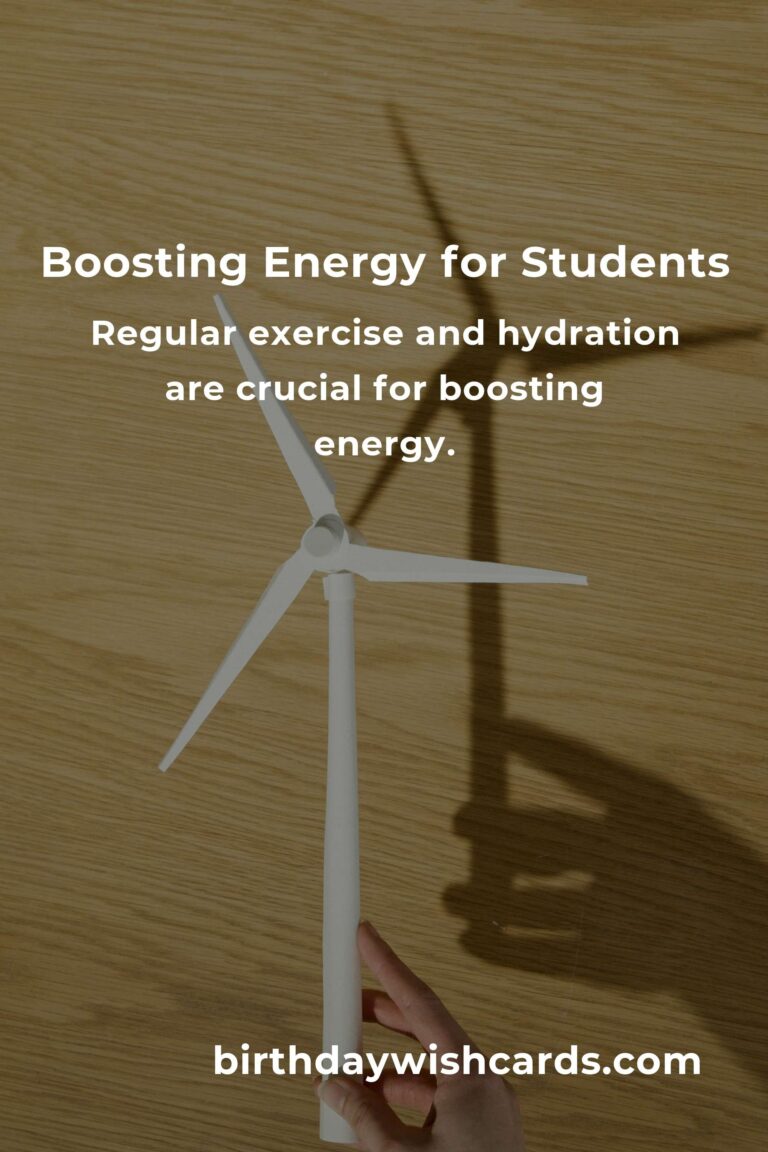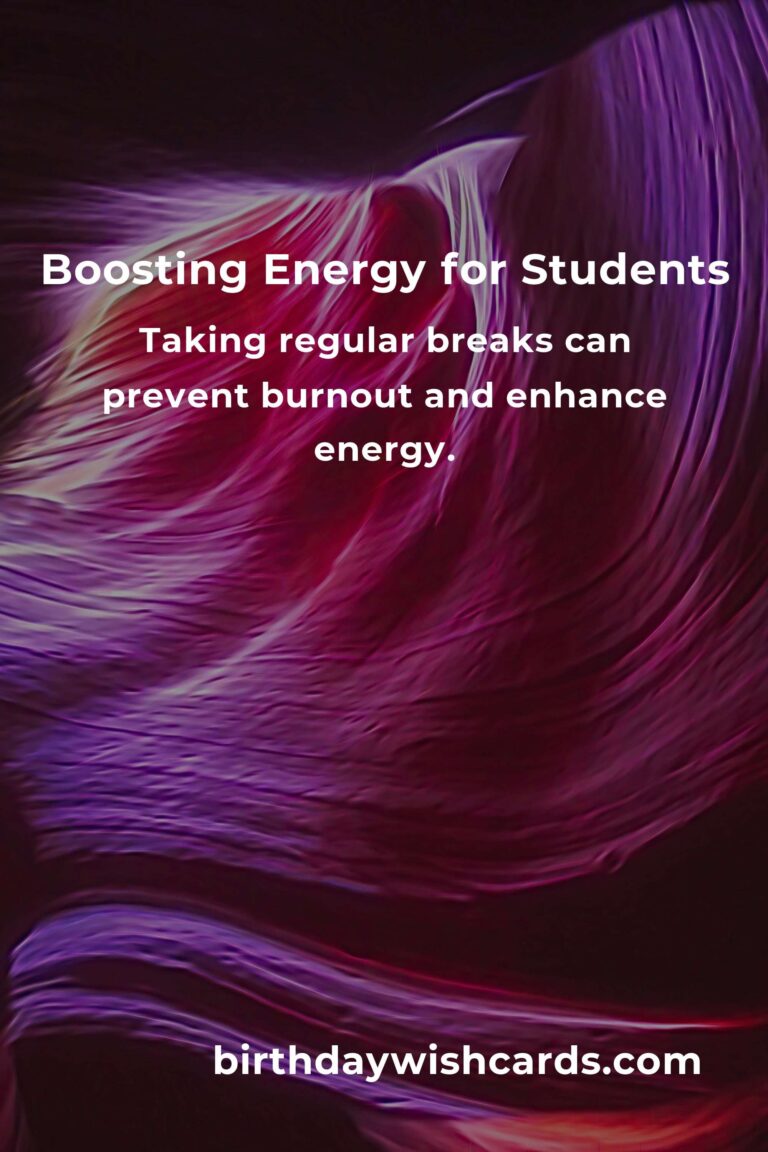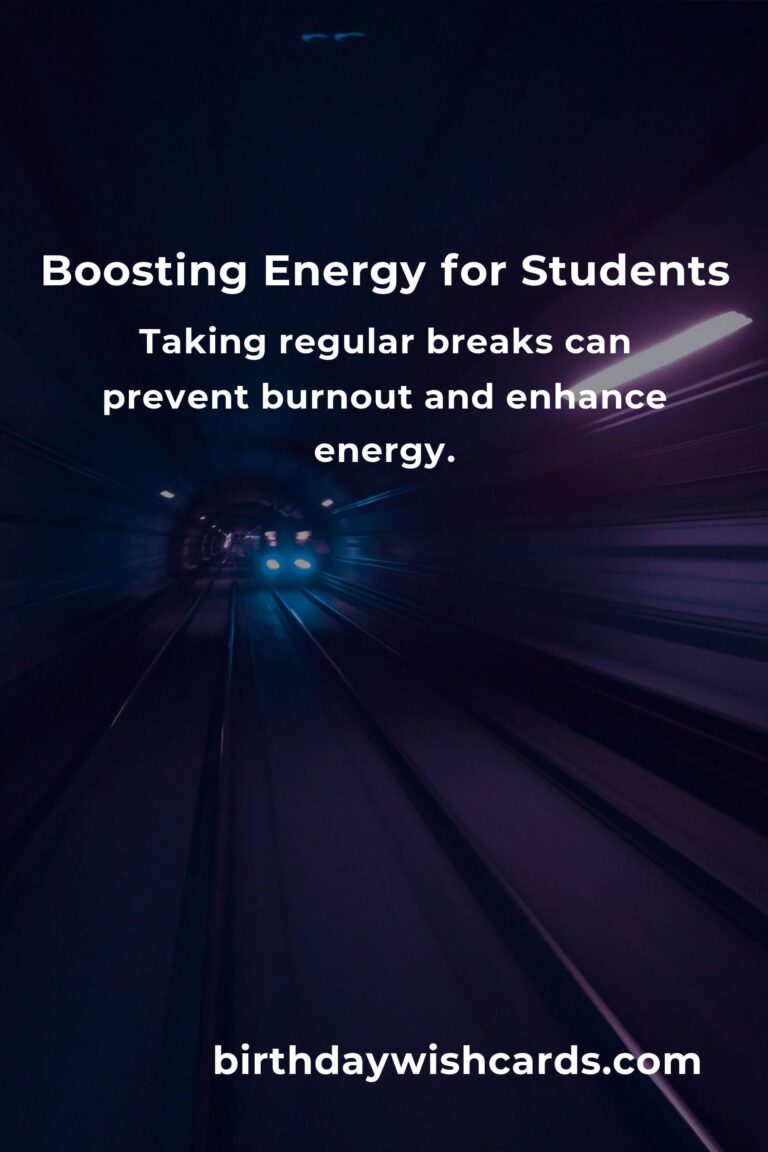
Students often find themselves battling fatigue and low energy levels, which can significantly impact their academic performance and overall well-being. The demands of academic life, combined with social activities and personal commitments, can leave little room for rest and rejuvenation. However, there are several ways students can boost their energy levels and maintain a healthy, balanced lifestyle.
Understanding the Causes of Low Energy
Before diving into solutions, it’s essential to understand why students might experience low energy levels. Some common causes include:
- Inadequate Sleep: Many students do not get the recommended 7-9 hours of sleep per night, leading to chronic fatigue.
- Poor Nutrition: Skipping meals or consuming a diet high in processed foods can lead to energy crashes.
- Lack of Physical Activity: Regular exercise is crucial for maintaining energy levels, and a sedentary lifestyle can contribute to fatigue.
- Stress and Anxiety: Academic pressure and personal issues can lead to stress, which drains energy.
Effective Strategies to Boost Energy
Here are some effective strategies students can employ to improve their energy levels:
1. Prioritize Sleep
Ensuring adequate sleep is the foundation for maintaining energy. Students should aim for 7-9 hours of quality sleep each night. Establishing a regular sleep schedule and creating a restful environment can significantly improve sleep quality.
2. Eat a Balanced Diet
Nourishing the body with a balanced diet is crucial for sustained energy. Students should focus on whole foods, such as fruits, vegetables, lean proteins, and whole grains, while avoiding excessive caffeine and sugar intake, which can lead to energy crashes.
3. Stay Hydrated
Dehydration is a common cause of fatigue. Drinking plenty of water throughout the day helps maintain energy levels and supports overall health. Students should carry a water bottle and aim to drink at least 8 glasses of water daily.
4. Exercise Regularly
Physical activity boosts energy levels by increasing endorphin production. Students should incorporate regular exercise into their routine, whether it’s a daily walk, a gym session, or a sports activity, to enhance their energy and mood.
5. Manage Stress
Stress management is vital for maintaining energy levels. Techniques such as meditation, deep breathing exercises, and yoga can help students reduce stress and improve focus and energy.
6. Take Regular Breaks
Studying for extended periods without breaks can lead to burnout. Students should practice the Pomodoro Technique, taking short breaks after focused study sessions to recharge their energy levels.
Conclusion
Improving energy levels is crucial for students to excel academically and maintain their overall well-being. By prioritizing sleep, nutrition, hydration, exercise, stress management, and regular breaks, students can enhance their energy levels and thrive in their educational pursuits.
Students often battle fatigue and low energy, impacting their academic performance.
Understanding the causes of low energy is essential before finding solutions.
Adequate sleep is foundational for maintaining energy levels.
A balanced diet rich in whole foods supports sustained energy.
Regular exercise and hydration are crucial for boosting energy.
Stress management techniques can help maintain energy and focus.
Taking regular breaks can prevent burnout and enhance energy.
#EnergyLevels #StudentLife #HealthTips #AcademicSuccess #WellBeing













